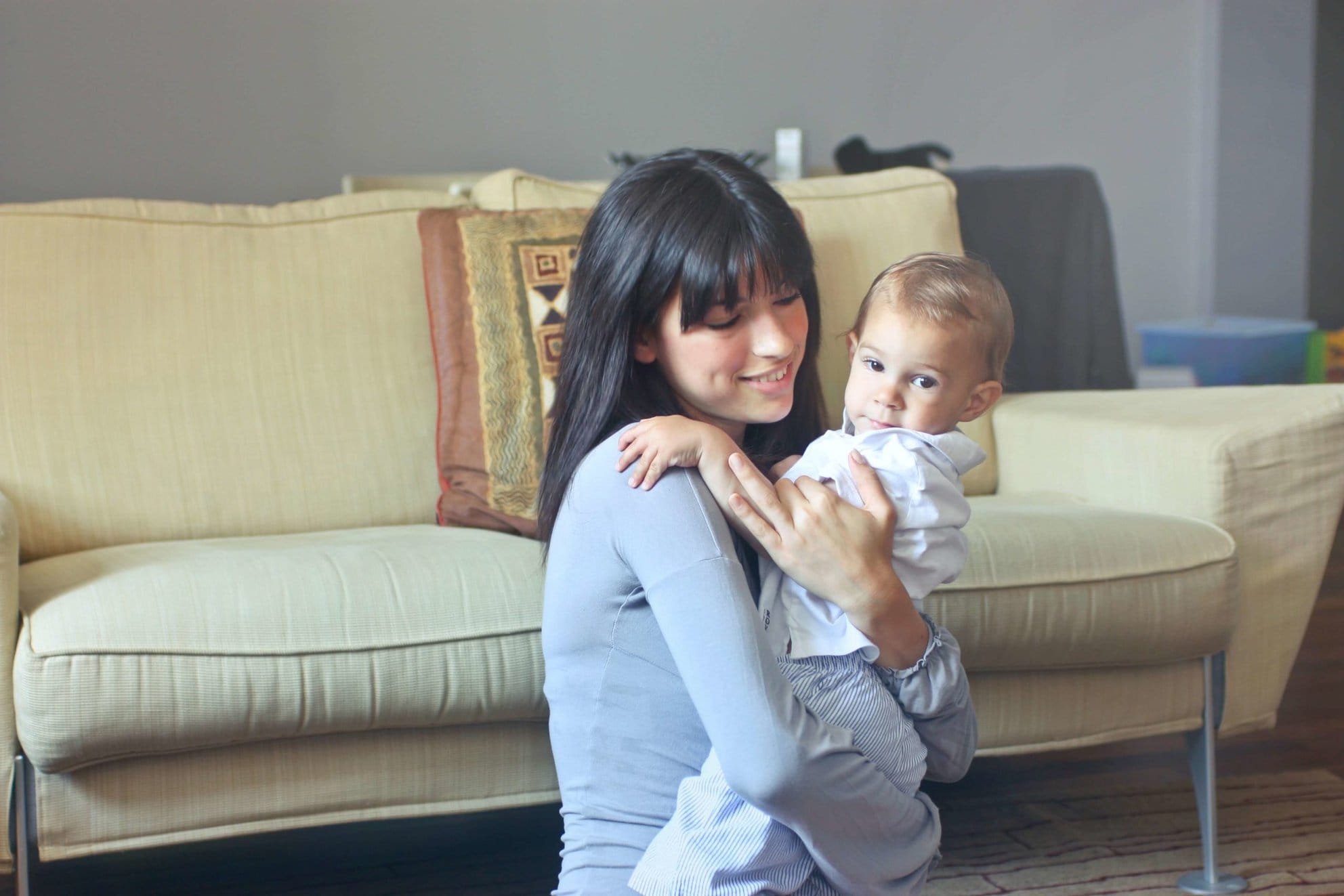Part 1: Overview
Part 2: Statewide Programs
Part 3: Nannies, Au Pairs & Babysitters
Some families in Hawaii prefer to have their children cared for in their own home — sometimes for the sake of convenience (no drop off and pick up at a day care center) and sometimes for the sake of the children (if they’re more comfortable in the familiar environs of home). If you’d rather have child care come to you, rather than you having to go to child care, you have several options.
Nannies
Nannies are caregivers for children who work inside the family home, although they don’t always live there. They may or may not have special training in child care, first aid, or CPR. Their work hours may be part-time or full-time, and they usually have a regular work schedule.
Nannies are often hired through placement agencies, which can help match families to the nannies that are best suited for their children’s needs. Below are a couple of Hawaii-based placement agencies, as well as three other agencies that place nannies throughout the U.S.:
- Nannies Hawaii (Oahu)
- The Nanny Connection (Maui) – Member of the International Nanny Association (INA) and the Association of Premier Nanny Agencies.
- Helpers West – National placement agency. Member of INA.
- NannyQuest, Inc. – National placement agency. Member of INA.
- The Lindquist Group – National placement agency. Member of INA.
Another resource is Nannies4Hire.com, an online database of available nannies throughout the U.S. and Canada. It’s free to search and preview profiles of nannies in your area, but you have to pay a membership fee to get the nannies’ contact details.
For more info on the process of hiring a nanny, INA offers a helpful list of FAQs.
Au Pairs
Au pairs are foreign nationals who enter the U.S. on a J-1 visa through the State Department’s Au Pair Exchange Program. During their stay in the U.S., they live with a host family and provide child care for that family.
There are several rules that apply to au pairs:
- They must be between the ages of 18-26.
- They must speak English proficiently.
- They must have completed their secondary education.
- They must have no criminal record.
- They must agree to live in the U.S. for 12 months.
- They must complete a 36-hour course on child development and safety.
- They must be placed with their host family through one of the sponsor organizations designated by the U.S. State Department. The host family must pay for their airfare, medical insurance, and other expenses specified by the sponsor organization.
- During their stay, they must complete 6 semester hours (or the equivalent) of academic coursework at an accredited college/university. The host family must pay up to $500 toward the cost. If the children in their care are school age, the au pair must complete 12 semester hours, with the host family paying up to $1,000 toward educational expenses.
- After their initial 12-month stay in the U.S., they may apply to extend their visa for an additional 6, 9, or 12 months (although they may choose to live with a different host family to experience a different geographical region of the U.S.). Their stay in the U.S. may not exceed 24 months in total.
- They can’t work more than 10 hours a day or 45 hours per week (30 hours a week if the children are school-age).
- They can’t care for a child under the age of 3 months unless a parent/guardian will be home supervising.
- They can’t care for a child under the age of 2 years unless they have at least 200 hours of documented child care experience.
- They can’t be used as housekeepers.
- They must be compensated for their work according to the Fair Labor Standards Act (i.e., minimum wage).
- They must be provided with a private bedroom and meals.
- They must be given 1.5 days off each week, one weekend off each month, and a 2-week paid vacation during their stay.
If you’re interested in getting an au pair, contact one of the U.S. State Department’s designated sponsor organizations for details on their program and to start the placement process. Even though none of the currently listed sponsor organizations are based in Hawaii, many of the organizations are able to place au pairs throughout the U.S.
To view profiles of au pairs looking for placements in the U.S., visit GreatAuPair.com.
Babysitters
Babysitters also care for children inside the family home, but they don’t live there, and they usually work only on an as-needed basis. They may or may not have special training in child care, first aid, or CPR. Friends and neighbors with children can often refer you to a good babysitter that they use, but if you’ve just moved to Hawaii, you may not have that social network yet that you can tap. In this case, these two online referral sites can help you find a babysitter in your area:
- Care.com – It’s free to search and preview profiles of babysitters in your area, but you have to pay a membership fee to get the babysitters’ contact details.
- Sittercity – Offers a free one-week trial, during which you can post a job, search for babysitters in your area, and preview babysitter profiles. To view the babysitters’ contact details, you have to pay a membership fee. (One exception: Military families get free memberships, thanks to a contract between the Department of Defense and Sittercity!)
Part 4: School-Age Programs


Comments are closed.